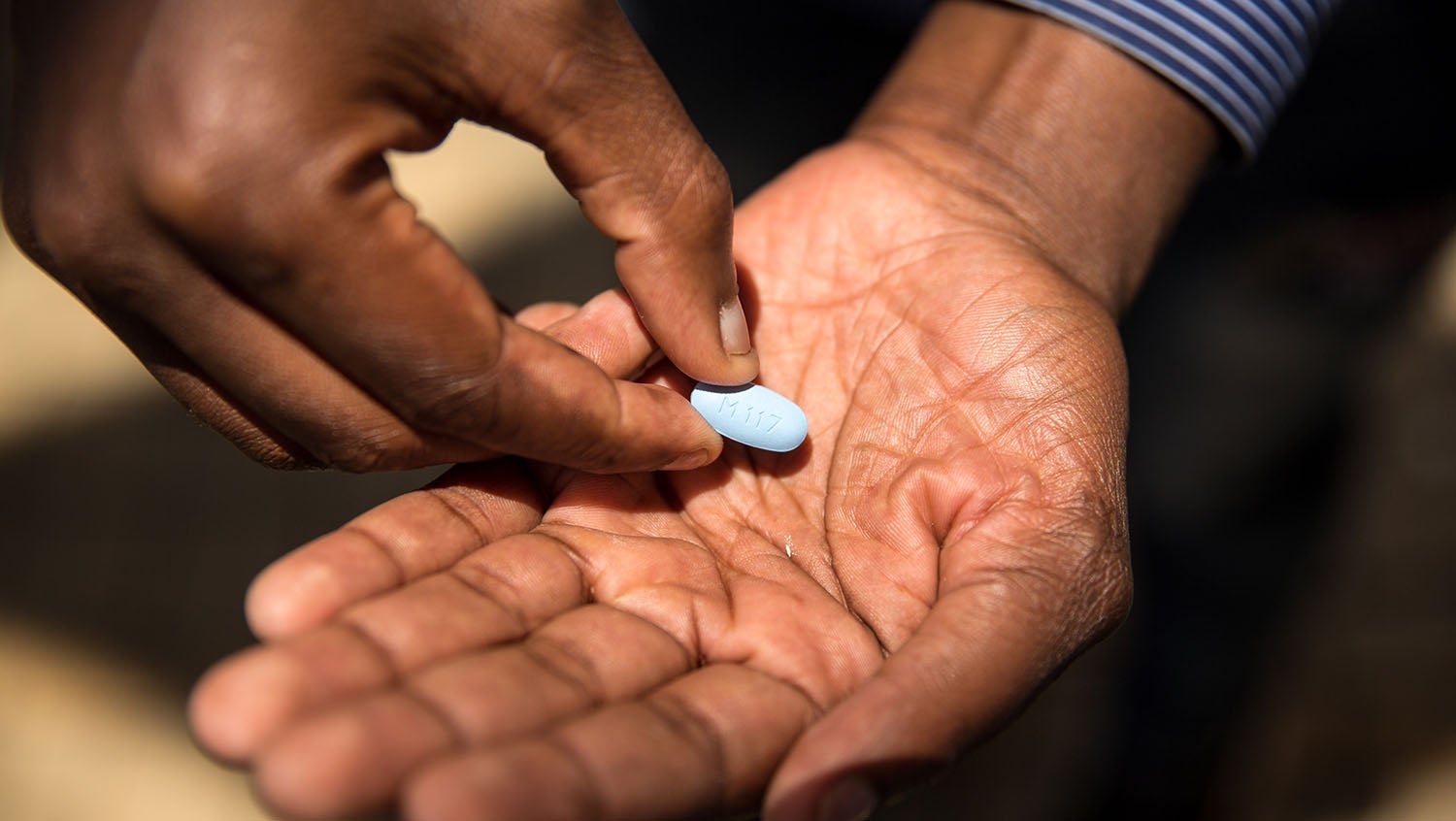People Who Inject Drugs Need Better Access to HIV PrEP, Buprenorphine Information
April 21, 2021

The Times, Getty Images
A study reveals that people at a drug detoxification site were unaware of HIV pre-exposure prophylaxis, or PrEP, but were enthusiastic when informed.
THE BOTTOM LINE | There is a lack of awareness about evidence-based medications for treatment of opioid use disorder among persons who inject drugs (PWID)âand, notably, a lack of access to information about buprenorphine at acute drug detoxification centers. There is a similar lack of accessible information about human immunodeficiency virus pre-exposure prophylaxis, commonly known as PrEP, despite elevated HIV risk being common among persons with OUD, at these sites. However, once offered this information, people with opioid use disorder (OUD) have shown enthusiastic interest in both of these treatments and medications.
The study highlights the opportunities that exist to implement PrEP and buprenorphine within drug detoxification centers and the need for new models of care outside of traditional medical settings to decrease HIV acquisition. These centers can pose as points of access to information because they are sites where PWID are likely to interact with the healthcare system.
CONTEXT | HIV cases have increased throughout the opioid epidemic due to HIV being an infectious complication of OUD. Buprenorphine prevents fatal drug overdoses, improves the quality of life of individuals with OUD, and is associated with decreased drug-related HIV risk. PrEP is recommended for PWID by the Centers for Disease Control and Prevention (CDC) and the U.S. Preventive Services Task Force (USPSTF) for HIV prevention. Interest in injectable PrEP is particularly timely given the recent release of HIV Prevention Trials Network (HPTN) 0083 findings, which demonstrate the its effectiveness in preventing HIV transmission.
Amid the opioid crisisâwhich has seen high rates of drug overdose, as well as several outbreaks of HIV infection among PWIDâinterest has grown in developing models of care to deliver accessible substance use disorder treatment and HIV prevention services outside of traditional medical settings. Experts have also called for reevaluating the role of drug detoxification centers, potentially restructuring these facilities into venues for initiating medications for OUD and addressing co-occurring conditions, including HIV.
STUDY OBJECTIVE | To survey patients at a drug detoxification center to better understand their knowledge of and interest in HIV PrEP and outpatient medications for OUD.
THE DETAILS | In a single-site randomized trial between November 2016 and July 2017, 200 people at a drug detoxification center were surveyed to assess patient interest in PrEP and in buprenorphine and to examine factors associated with such interests.
FINDINGS | Over the six months of the study, 58% of those surveyed injected drugs, 87% used opioids, and 50% had condomless sexâhighlighting the increased risk of contracting HIV in patients accessing care at drug detoxification centers.
Only 22% of persons who injected drugs were aware of PrEP, yet 74% were interested in oral PrEP and 72% were interested in injectable PrEP. Participants expressed notable enthusiasm for PrEP and its injectable forms once informed about this biomedical prevention method.
Of the participants who reported either heroin or prescription opioid use in the six months prior to the study, 26% had been prescribed buprenorphine within the 6-month time frame. Of the participants who had not been on prescribed buprenorphine or methadone in the past 6 months, 38% were interested in being prescribed sublingual buprenorphine (oral film). Among individuals with either heroin or prescription opioid use, 47% were interested in injectable buprenorphine.
During the six months prior to the study, 46% had accessed substance use services, half of which were at drug detoxification centers.
PULL QUOTE | âThe US opioid overdose epidemic continues to have an important impact on the health of Americans, especially during the COVID-19 pandemic when rates of overdose have increased and there have been outbreaks of HIV in people who inject drugs,” says Sabrina Assoumou, MD, an infectious diseases physician at Boston Medical Center and one of the study’s authors. “The substantial infectious complications of the opioid epidemic need to be addressed, including the increased HIV transmission by expanding access to treatment options in nontraditional point-of-contact settings for patients who inject drugs.”
Source: Assoumou S A, Paniagua S M, Gonzalez P, Wang J, Beckwith C G, White L F, Taylor J L, Coogan K, Samet J H, & Linas BP. (2021). “HIV Pre-exposure Prophylaxis and Buprenorphine at a Drug Detoxification Center During the Opioid Epidemic: Opportunities and Challenges.” AIDS and behavior.



